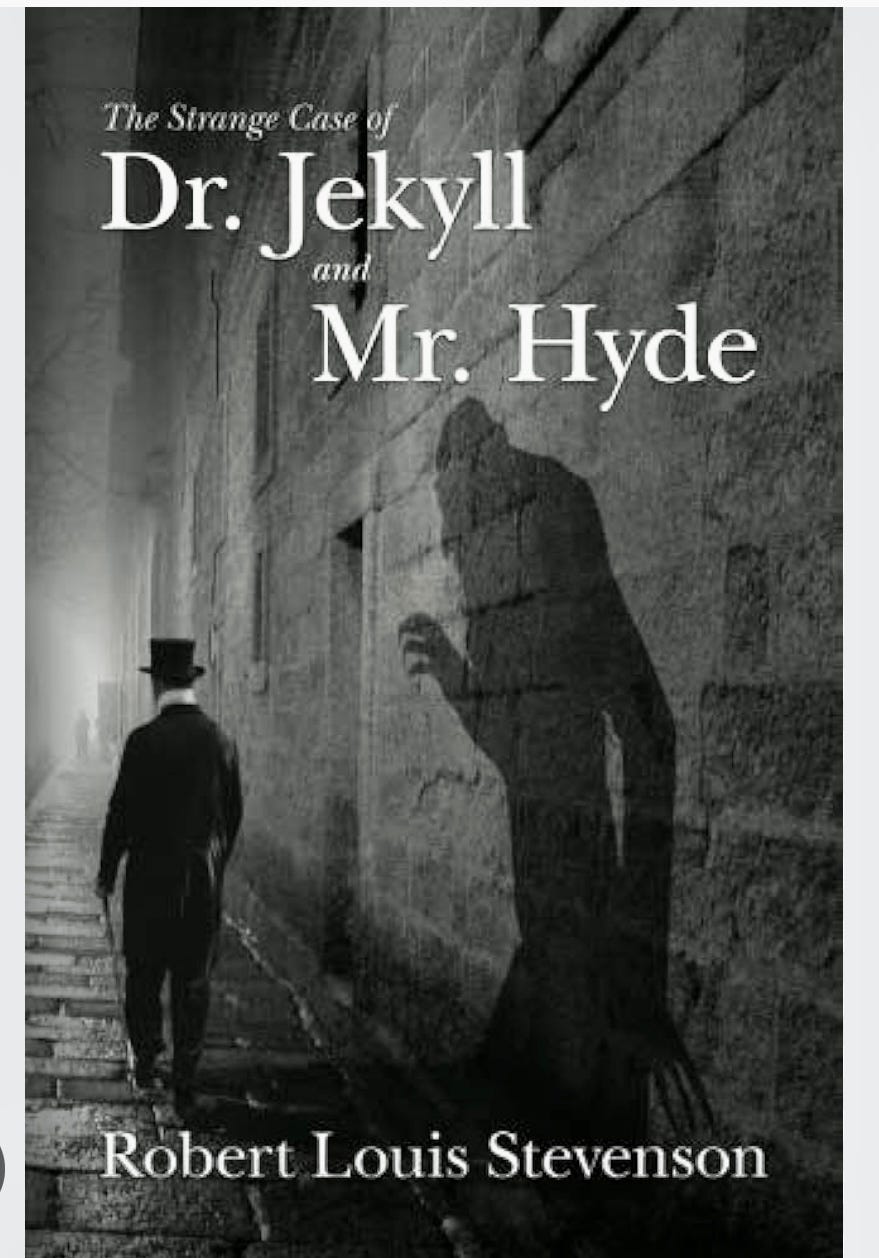Relationship red flags.
Whether familial, work orientated, romantic or other, let us have a look at an example.
I heard a line of thought that sometimes we create a narrative after the event has taken place. Such as after a break up where we talk about red flags in the partner’s behaviour, that didn’t actually exist as red flags at the time.
Another example is that we could have left an organisation that employed cult like methods to keep its members loyal and indoctrinated. Only after leaving, we label the group as a cult but we didn’t actually leave because it was a cult. We didn’t leave because it felt dangerous, rather after leaving we amplify the danger element.
The labelling of red flags can happen in the narrative we create afterwards. It is dishonest but it is also self preservation.
However, there are times when we genuinely see red flags and we remember the details. This is what I want to explore in this post but I wanted to get across the difference between this as opposed to creating a narrative.
For the purpose of providing an example, I will give an account of an experience I had with someone who I’ll just call a friend.
I recall the exact moment when someone had told me that my friend had insulted me. The friend called me stupid and I remember my reaction to hearing about it. I was surprised, not because I have never done or said anything stupid but because I wondered what they were referring to. I had not done anything stupid around them and definitely not anything to warrant them specifically saying this to the other person.
Our friendship was one that required mutual trust and respect as we were put in charge of something together. I brushed their insult under the carpet because I believed I needed to give them leeway and perhaps the person telling me about the insult got it wrong.
It turns out that this insult would appear again a couple of years down the line, as a lie this friend would pass around also. I can’t give more details in the interest of privacy but it was related to the fact they certainly looked down on my intellectual capacity. They couldn’t explain themselves when I confronted them. Although, we found a way to move on past this.
The last interaction I had with this person was one sided. They did not reply to me. The pattern of looking down on me and I would say the same for others, going by their interactions, was a series of red flags. Throughout the years I wondered why they kind of used people as props in that they’d ask them multiple questions in one meeting and yet were uncomfortable under the spotlight themselves.
In our friendship, if I didn’t reach out after some busy weeks, they’d send me a message that conveyed their hurt. As a contrast to expecting my engagement, they themselves would reply to my messages sporadically and sometimes not at all.
We don’t have a friendship today. It broke down because of the red flags, that were proof of their abusive behaviour towards me. If I was to ask why they behaved this way, I think I’d pin it down to their own childhood issues that they told me about.
I was actually talking to my daughter about how we all have a shadow self, as she’s interested in the concept of monsters. The shadow self is the primal part of ourselves that we suppressed when we are with most people. It’s like the inner monster and it’s one that we have to learn to embrace.
Otherwise anger, pain and insecurity, all part of what we suppress, reveals itself in harmful ways. It can come out through verbal aggression via malicious gossip and insults. As shown in the photograph, the shadow self is the key concept in, The Strange Case of Dr Jekyll and Mr Hyde. Which is a book I enjoyed reading.
Sometimes in a relationship, the red flags were recognised all along but owing to our empathy we compartmentalised them. Then the red flags became more and something had to give, such as the relationship ending.


